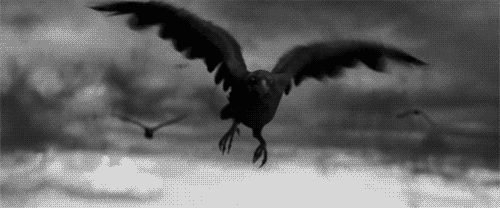In 1899, when the craze for Arnold Böcklin’s work was in full swing, the art historian Cornelius Gurlitt (the brother of Böcklin’s Berlin dealer Fritz Gurlitt) wrote that the German public regarded this painting as “one of the greatest achievements of our century.”
When it was painted in 1883, art critics had been less sure. Enthusiasm for the painting had grown, however, by the time of its showing at the Third Munich International in 1888.
Offering his interpretation of the work, Ferdinand Avenarius of Der Kunstwart declared that the worried mermaid being pursued by the laughing triton personified the ocean itself and the natural forces of water and sky.
Actually, a rather ordinary episode in the artist’s life appears to have provided the immediate inspiration for this composition. Böcklin had been swimming in Italy with the family of Anton Dohrn, the zoologist who commissioned Hans von Marées’s Oarsmen. Dohrn dove into the waves, swam some distance underwater, and suddenly resurfaced near the women in the bathing party. The ladies’ surprise caught Böcklin’s fancy, and he decided to portray a similar scene drawn from the world of mythical underwater creatures.
His compostion thrusts the viewer into the rising and falling waves, which are shown without the slightest hint of land in the distance. Dohrn’s features can actually be seen in the face of the triton, whose freely expressed and ribald intentions make this the most playful of Böcklin’s works.
In the early years of the twentieth-century, when overzealous members of the moral purity movement were subject to ridicule and denouncement, In the Play of the Waves offered ample basis for caricature – moral zealots, complete with fig leaves, were shown swimming into the frame of the painting in order to arrest the mermaids.
























No comments:
Post a Comment